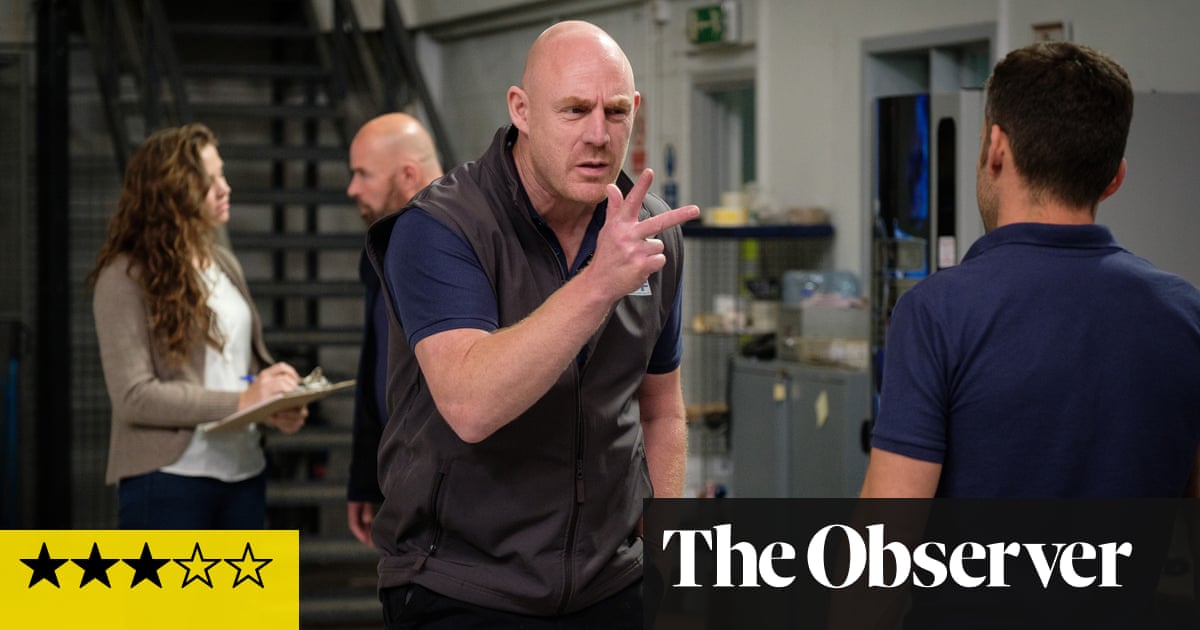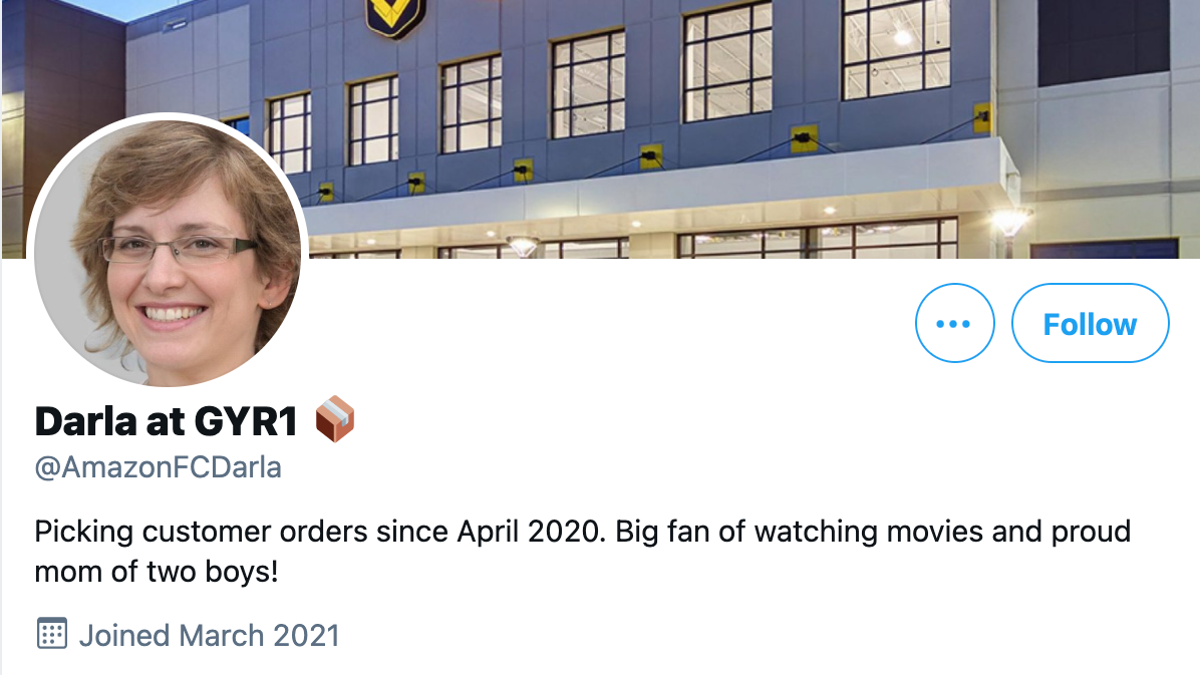
On the First of April, Steven Greenhouse, senior journalist at the New York Times, tweeted about an event from Staten Island, saying it was "by far the biggest, beating-the-odds David versus Goliath unionization win" he had seen in his twenty-five years of reporting labour. In this week's TypeRight, we look into the victory of an independent labour union in New York, in one of the world's largest and richest companies.
In the previous chapter of TypeRight, we focused on the gig economy boom that India had witnessed over the past half a decade, and how the workers were treated in these unicorn startups. We shared our conversation with the secretary of the Indian Federation of App-based Transport Workers (IFAT), and other articles where the workers expressed their plight.
From the country of origin of the International Worker's Day (or the May Day), unionising in America has been notably in a steady decline since the times after the new-deal era, and with the McCarthyist repression on unions and activists, and the neoliberalism since Reagan, this has only further been exacerbated.
It is in this sense that last week's victory for the independent, worker-led union at the Amazon warehouse in New York's Staten Island is arguably one of the most important events for the American, or even global workers' movement.
The elected leader in the newly formed union is Christian Smalls, a former employee of the same warehouse who was fired by Amazon two years ago for organising a walkout. Smalls has been centred in the press for his efforts.
Amazon is doing a tough and costly job to fight the bad press they (deservedly) receive, and there seems to be a lot of it. To start with, there's an entire, long (yet incomplete) Wikipedia section listing out the criticisms that surfaced against the multi-billion dollar company:

The Palm d'Or winning director Ken Loach's Sorry We Missed You is arguably loosely based on an Amazon-esque company and the gig economy in the UK.
This song from the Emmy-winning TV Series, South Park's episode Unfulfilled (S22E9) is a remake of the classic "You load sixteen tons and what do you get? Another day older and deeper in debt." It shows how deep the amazon ecosystem runs, with their entertainment to retail pervading the workers' life, much like how a century ago, coal miners were paid with a form of currency that could only be spent in the stores owned by the same company that hires them.
There have been several efforts since 2001 in various Amazon warehouses to try and unionise, but Jeff Bezos, the CEO of Amazon and the second richest person in the world, seems to be playing every single trick out of the union-busting playbook to try and stop employees at Amazon from doing so.
From an interview with one of the leaders of the Staten Island AWU, Angelika Maldonado, the chair of ALU’s Workers Committee:
"Amazon really instills fear in workers. It wasn’t just that there were anti-union posters everywhere; Amazon hired a ton of union busters that were constantly walking around the building talking to workers. It was intimidating. The union busters basically lied and told our coworkers that we were a third party. But in reality, we were workers just like them."
Amazon is the US' second-largest employer, with the company reporting over $30 Billion in profits last year, seeing a 200 per cent rise during the pandemic after it became 'an essential service'. Meanwhile, at the peak of the COVID pandemic, employees were facing more workload with lesser health benefits:
"ALU leaders have said their main goals include increasing hourly wages for all workers to a minimum of $30 an hour; Amazon says the average hourly starting pay for US warehouse employees is $18. The union has also said it will push for longer breaks for workers and eliminate mandatory overtime outside of a few peak weeks for online shopping," as per this article.
This victory also comes after a loss in similar voting in the US state of Alabama, but then again, quoting Janice Fine, a professor of labor studies at Rutgers University, New Jersey: “[T]he history of unions is always about failing forward. [...] Workers trying, workers losing, workers trying again.” The Alabama election is too close to call, with 875 workers for the union, 993 against, and a further 400 challenged but swayable.
But how the workers vote is not that simple, as this article from the Jacobin mentions:
As Rebecca Givan, a labor studies professor at Rutgers University, told Vice, NLRB elections “are not a reflection of whether workers want a voice on the job, but rather show the imbalance of labor law and resources in favor of employers.” In the United States, every step of the unionization process is stacked against workers. It is a miracle that anyone ever unionizes. In polls, about half of nonunion workers in the country say they’d join a union if they could; there are countless obstacles ensuring that they won’t.

And of course, being one of the largest corporates in the world has certainly helped the company in its campaigns- it is estimated that Amazon had hired the best of the anti-union consultants with experience working for Koch, and spent a staggering 4.3 million USD on this. Additionally, they have also taken to disinformation campaigns, with the aid of Twitter bots. This money is being rolled in while workers are paid a wage of around $18/hour and the CEO is planning a trip to space.
The health impacts of working in amazon's notorious warehouses, with little insurance benefits, and the popularised notion of 'piss-in-a-bottle to save time,' have been quite well documented. From the Occupational Safety and Health Administrations evaluation of one Minnesota warehouse,
The numbers show that the injury rate at Amazon warehouses from 2018 to 2020 is 11.1 per 100 workers, more than double the rate of 5.2 per 100 at non-Amazon warehouses in the state (and more than four times as high as the state’s rate for the average private industry worker).
Workers have also been pressured by the company to “sweep injuries and medical issues under the rug at the expense of employee health.”
Here's a first hand account of an employee and below is a video documentation of the conditions in a typical North American warehouse:
Launching off into space last year, CEO of Amazon thanked 'every amazon employee and customer' for paying for the space mission.
Last day, Chris Smalls, addressing the crowd and the press after the Union's victory, thanked Jeff Bezos' space mission, during which the workers were organizing the union.
•Instagramphotosandvideos.png)
This is one small but major step for unionising within the new platform companies and gig economy, where employers take to technical loopholes and contracting to circumvent labor laws. As of now, the Union has released their first press statement demanding Amazon immediately enter collective bargaining:
In the meanwhile, taking a cue from our previous story on how the big-tech giant Zuckerberg turned sides, here is an article on the other big-tech giant Bezos' grand plans:
In other news,
In more news on hate crimes against religious minorities, journalists who were covering an event in the national capital were attacked by a mob:
Here is one of the reporters who were attacked, reporting from the ground:
Meanwhile, as Karnataka becomes one of the top hotspots for these hate crimes, read this journalist tracking down the incidents:
Bangalore, the centre of India's IT Industry, is also seeing companies react to the rising hate:

A reminder that the DOTO Database keeps track of all incidents of hate crimes that have happened in the country in the last decade:
In news about Indian court and government observations on social media:
.jpeg)


Journalist, whistleblower, and Internet rights activist Julian Assange is still facing a threat to his life- a threat also to the freedom of press.
Meanwhile, Internet shutdowns and blocking content still continues, as these reports from India and Sri Lanka show:


Updates from DEF
From our Digital Center in Nuh, Haryana:
Updates from our digital literacy campaign empowering women from India, Nepal and Bhutan, in partnership with the Canadian High Commission:
An update from Kollegal in Karnataka where our Smartpur program has been creatively imparting STE(A)M education to students:
Until next week, we wish our readers greetings for Ugadi, and the month of Ramadan.

























 might be?](https://sk0.blr1.cdn.digitaloceanspaces.com/sites/1394/posts/714526/dbc8de4c-5c50-411f-aba0-55cfb74a692d.jpeg)

Write a comment ...